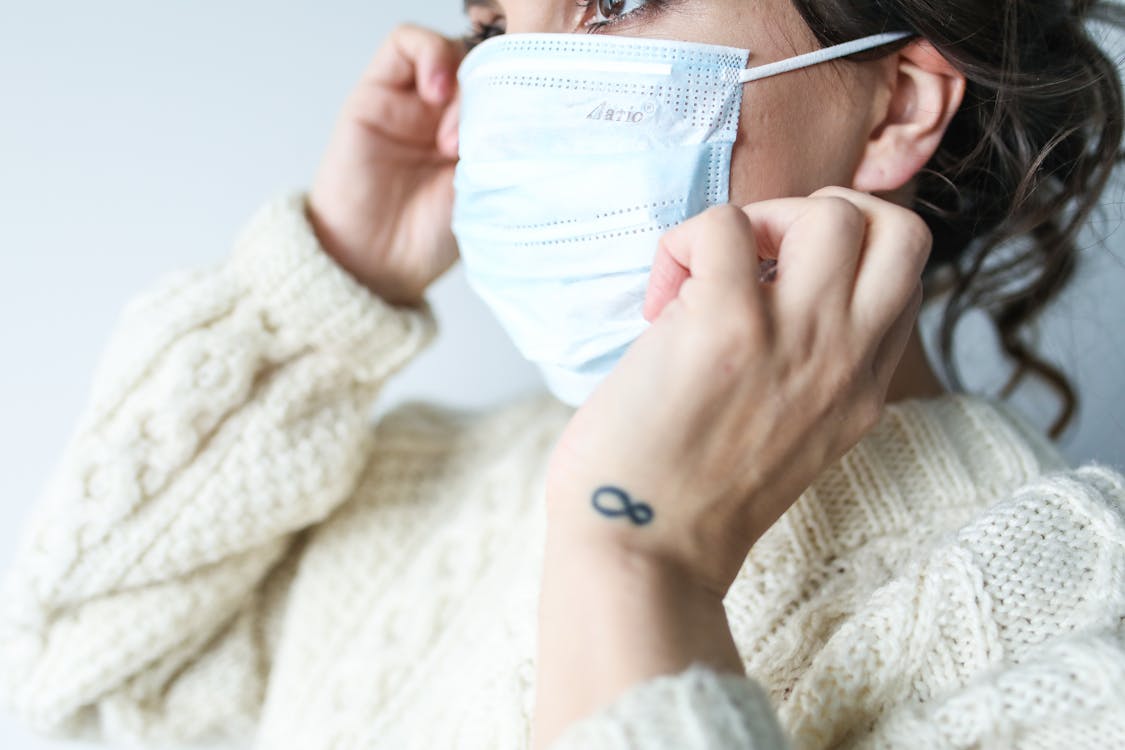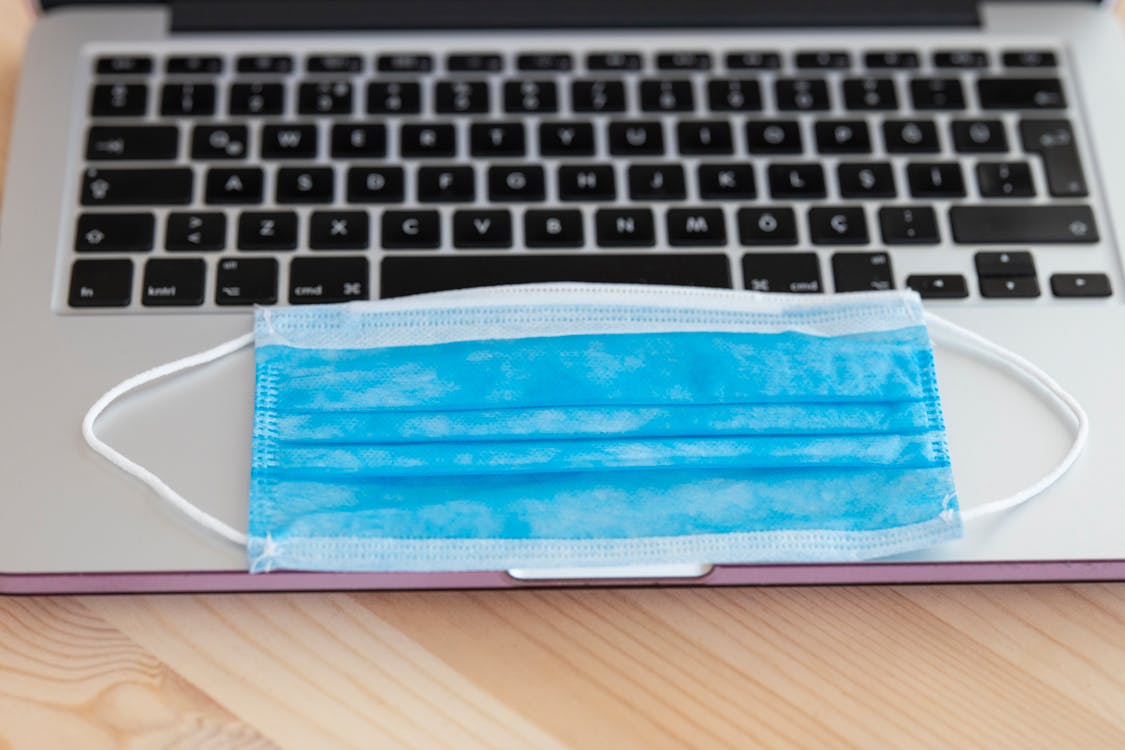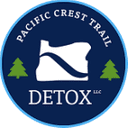As the world is going through a highly unusual time, isolation has become the norm, whether by choice or by mandate. Isolation and loneliness have a tremendous effect on depression, drug addiction and alcoholism. When people are alone to deal with their own thoughts, to be stuck in their heads, with no place to turn, they will often turn to substances to escape.
Physical and social contact is powerful
Humans need social contact. They need physical contact. It isn’t enough to just connect on social media or video chats; this kind of contact is two-dimensional, and it can leave us feeling unsatisfied and often lonelier. Studies have shown that even the act of hugging can reduce stress and actually reduce the hormone cortisol, which causes stress in humans.
Studies have also shown that cultures that encourage physical contact have reduced instances of violence and anger. There is even a term that psychologists use, “skin hunger” or “touch hunger”, that describes the human need for touch. Electronic gestures of love and support, or “hug” emojis, sent through text or messaging and not substitutes for an actual, physical hug.
We are missing the feel-good hormones
Another hormone in our body that responds to touch is oxytocin. This chemical is often called the “love hormone”. This hormone is released when a person is touched, even just for a quick moment, like a pat on the back, or a touch of the arm. This chemical release provokes a decrease in blood pressure and lowers the levels of norepinephrine, a stress hormone, resulting in a feeling of calmness. So, touch is more than just an emotional need, our bodies are literally healthier with touch.
Professor Kory Floyd of the University of Arizona, an expert in the communication of affection in close relationships, has studied affection for nearly two decades. Floyd believes verbal or written communication is no substitute for physical touch. "There's an immediacy to touch that words don't have. And there are certain health benefits that seem to be more pronounced when affection is expressed through tactile ways."
In the wake of COVID-19, we are dealing with a lack of physical contact on a global level. Loneliness is becoming a pandemic of its own, causing increases in depression and substance abuse, especially with those who already have a history of these diseases.

Source: Pexels
Loneliness and physical isolation fuel mental illness
News is already starting to report an increase in suicides. Alcohol sales have soared as people are being more and more deprived of human interaction. As unemployment soars, people are overwhelmed with concern over how they are going to get by financially, causing even more stress in their homes. People are isolated in spaces where they cannot get away from each other, leading to an increase in domestic violence crimes. These are situations where isolation has created an unsafe space for some people to live, with no safe place for them to go.
Seventeen years ago there was a SARS outbreak in Toronto, Canada, where approximately 15,000 residents agreed to 10 days of self-quarantine to reduce the spread of the disease. When it ended, a major proportion of the residents reported several psychological effects, including feelings of fear, anger, and anxiety-induced insomnia. Almost none of the residents reported happy feelings. This is after only a 10 day, VOLUNTARY, self-quarantine. How will this mandatory quarantine, with no end in sight, affect the citizens of the United States, the world, actually?
Only a small number of studies have been done regarding quarantine and the negative psychological effect it has on people, yet the evidence shows that the effects of quarantine can be detected months or even years later. Evidence also shows that the longer the quarantine, the poorer the psychological outcomes, which seems pretty obvious. However, the real problem happens when there is no end in sight, as the quarantine length continues to be indefinitely extended.

Source: Pexels
There are virtual addiction resources available
According to SAMSHA, Substance Abuse and Mental Health Services Administration, “Although everyone reacts differently to disasters, some of those affected may suffer from serious mental or emotional distress. These individuals may develop or experience exacerbation of existing mental health or substance use problems, including for example, post-traumatic stress disorder. Finding treatment in a timely fashion will help individuals minimize negative outcome.”
SAMSHA even provides access to a mobile app that provides support to those with mental health issues, and provides guidance on how to deal with the major disaster our county and our world is going through.
In addition to SAMSHA, the National Institute on Drug Abuse (NIH), provides links on its website for those who are dealing with substance abuse during this difficult time. Some of these links are virtual support for mental/substance use disorders. There are also resources to help local recovery programs and help create virtual meetings. Social connectedness is vital to those going through recovery during this time of social distancing.
Many Portland-area meetings of Alcoholics Anonymous (AA) have set up virtual meetings, and most of them are posted on PDX Intergoup’s website. For Narcotics Anonymous (NA) meetings, Portland NA has provided a great list of virtual groups.
If you find yourself struggling with substance abuse or mental health, we are here for you. Don’t hesitate to reach out for guidance, resources, or to discuss your personal plan toward addiction recovery.
